Time Periods
Paleolithic
Mesolithic
Neolithic
Chalcolithic
Bronze Age
Iron Age
Classical Period
Post-Classical Period
Early Modern Period
Industrial Period
Contemporary Period
Time Periods
Paleolithic
Mesolithic
Neolithic
Chalcolithic
Bronze Age
Iron Age
Classical Period
Post-Classical Period
Early Modern Period
Industrial Period
Contemporary Period
Location
About
Sibudu Cave, located in northern KwaZulu-Natal, South Africa, is a significant Middle Stone Age archaeological site that provides insights into early human life and technology. Occupied from approximately 77,000 to 38,000 years ago, with an additional Iron Age occupation around 1000 BCE, the site offers evidence of advanced cognitive abilities in early humans. Notable discoveries include the earliest known bone and stone arrows, a needle, and the use of heat-treated mixed compound glues. The site also features one of the oldest known examples of plant-based bedding. Sibudu Cave's well-preserved archaeological deposits reveal the technological innovations and environmental adaptations of its inhabitants, highlighting their complex thought processes and behaviors that are akin to those of modern humans.
Gallery
Explore photographs of ancient structures, artifacts, and archaeological excavations at Sibudu Cave
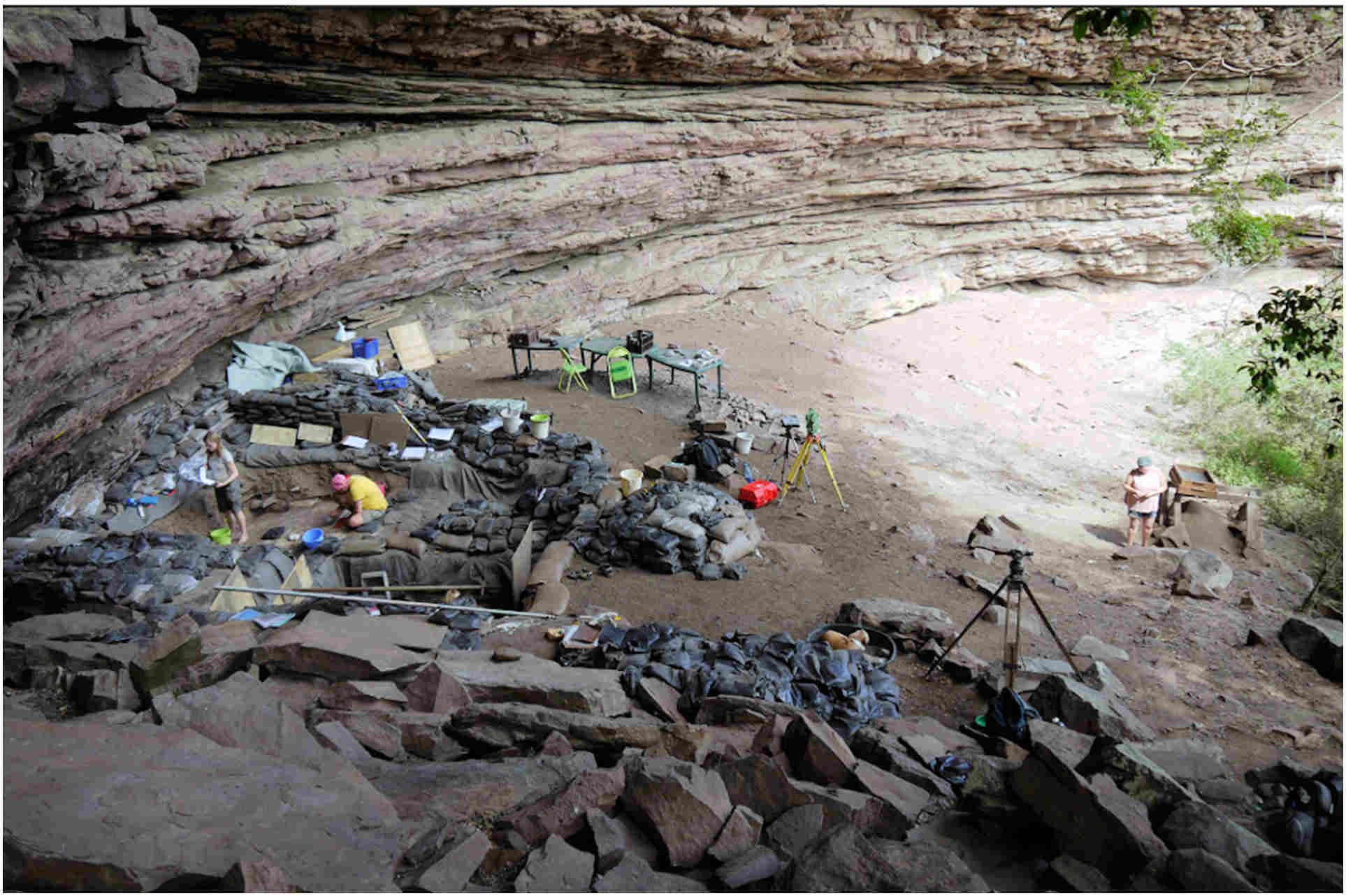
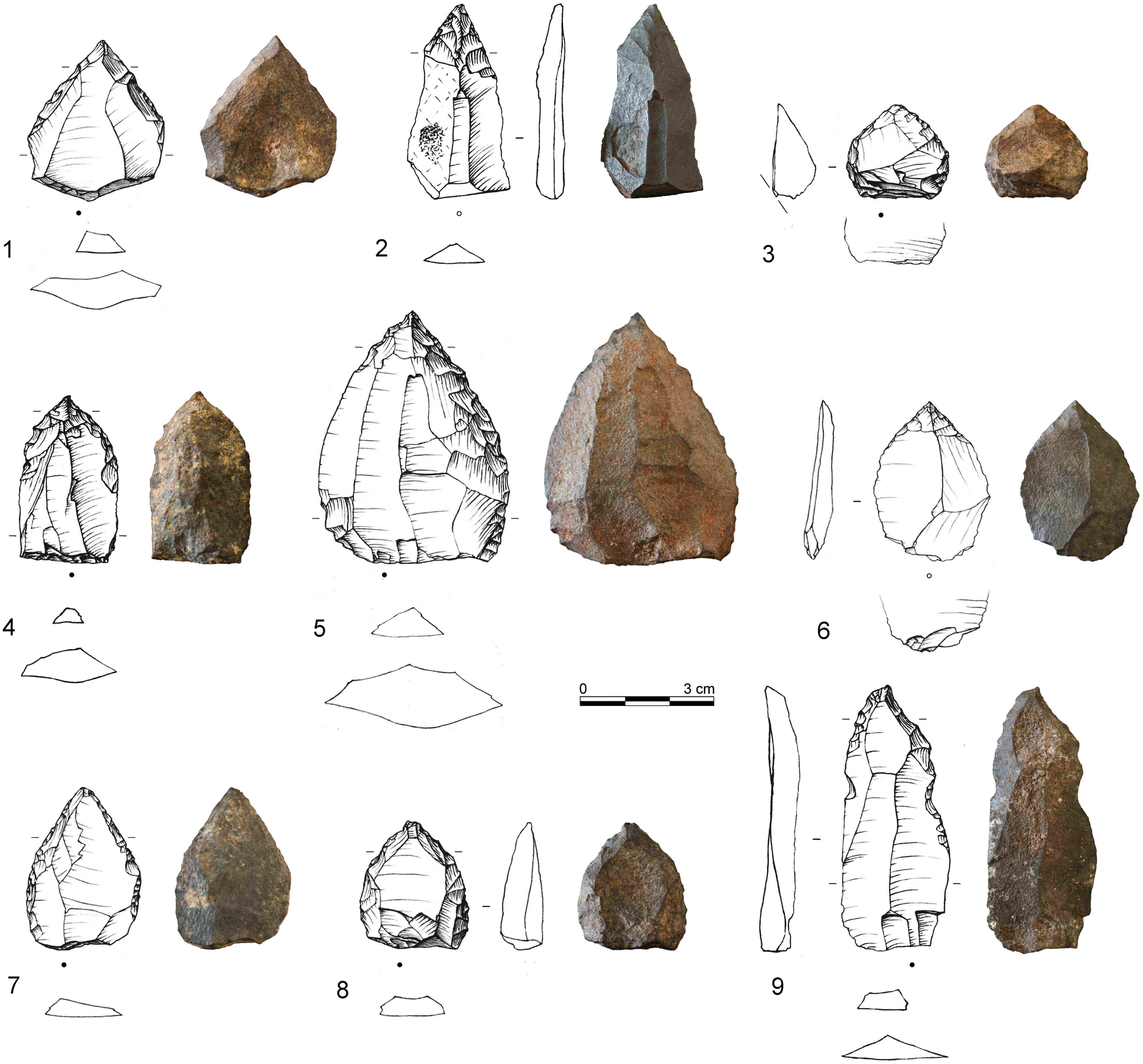

Archaeological Features
Explore the unique architectural and cultural elements found at this historical site
Environmental and Natural Features
Historical Timeline
Journey through time and discover key events in this site's archaeological history
Plan Your Visit
Details
- Country
- South Africa
- Source
- Wikipedia
More Sites in South Africa
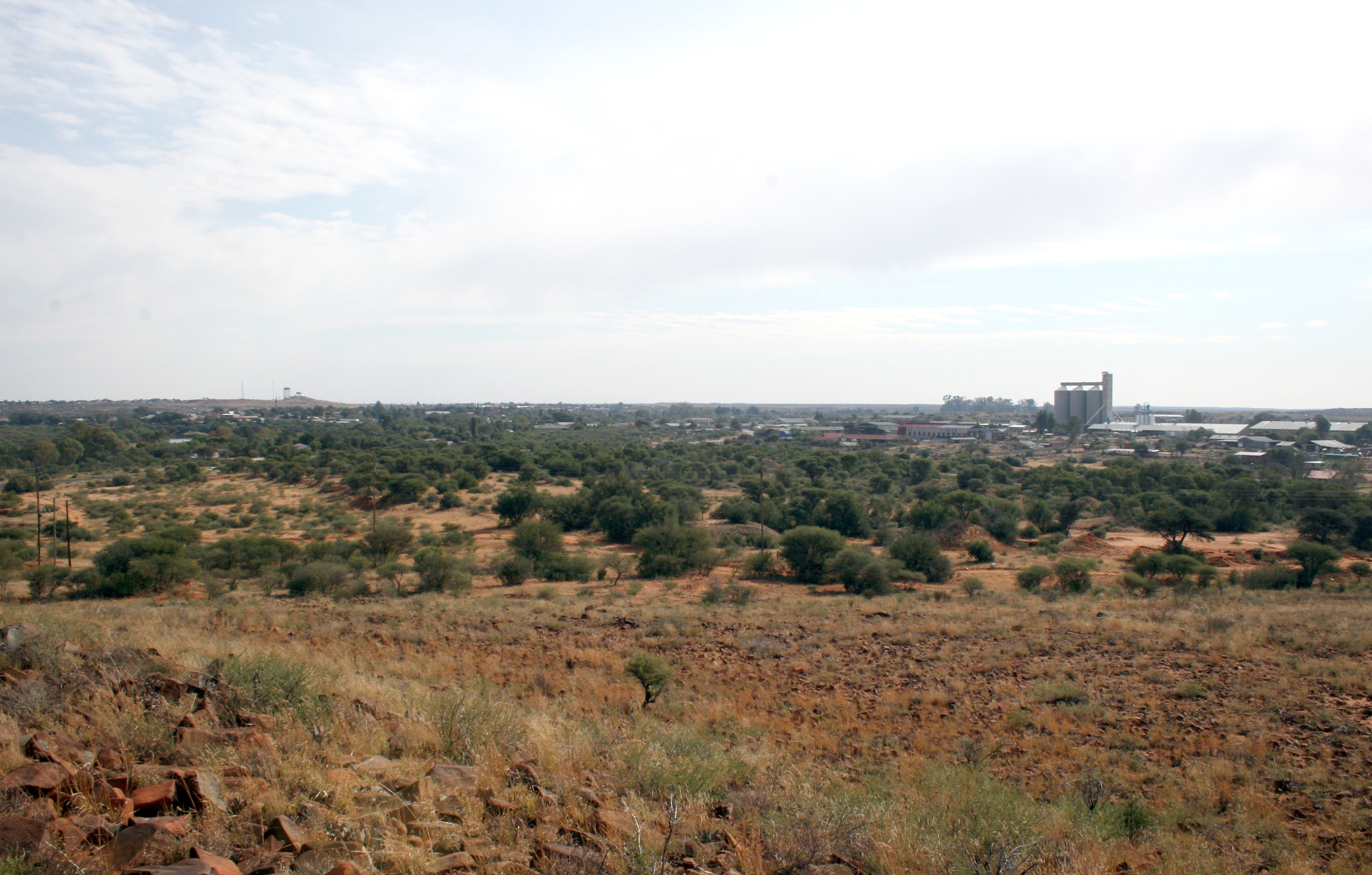
Canteen Kopje
Rich Stone Age archaeological sequence in South Africa

Border Cave
Rock shelter with long prehistoric sequence.

Stilbaai Tidal Fish Traps
Ancient intertidal stonewall fish traps
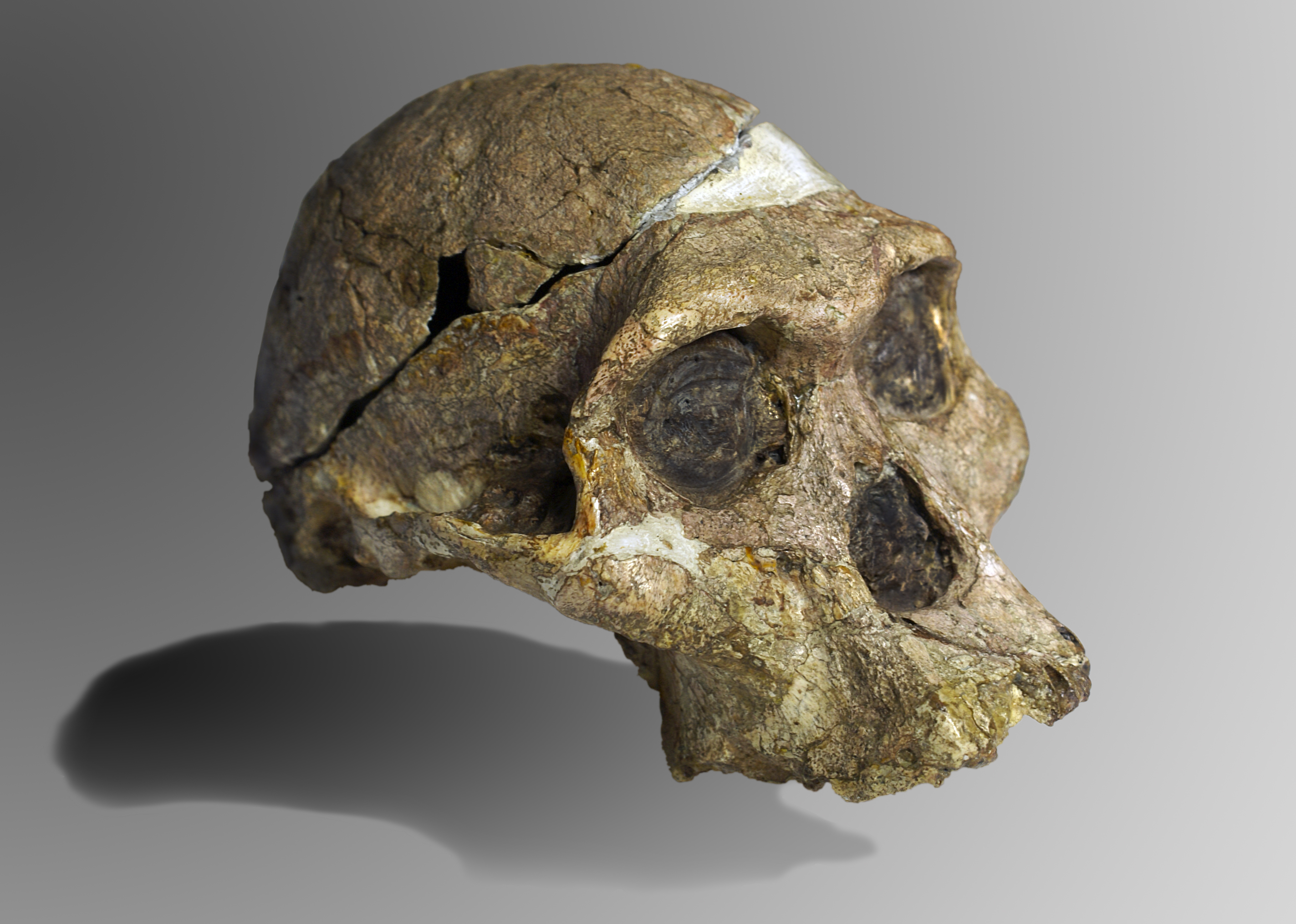
Makapansgat
Palaeontological site with Australopithecus fossils
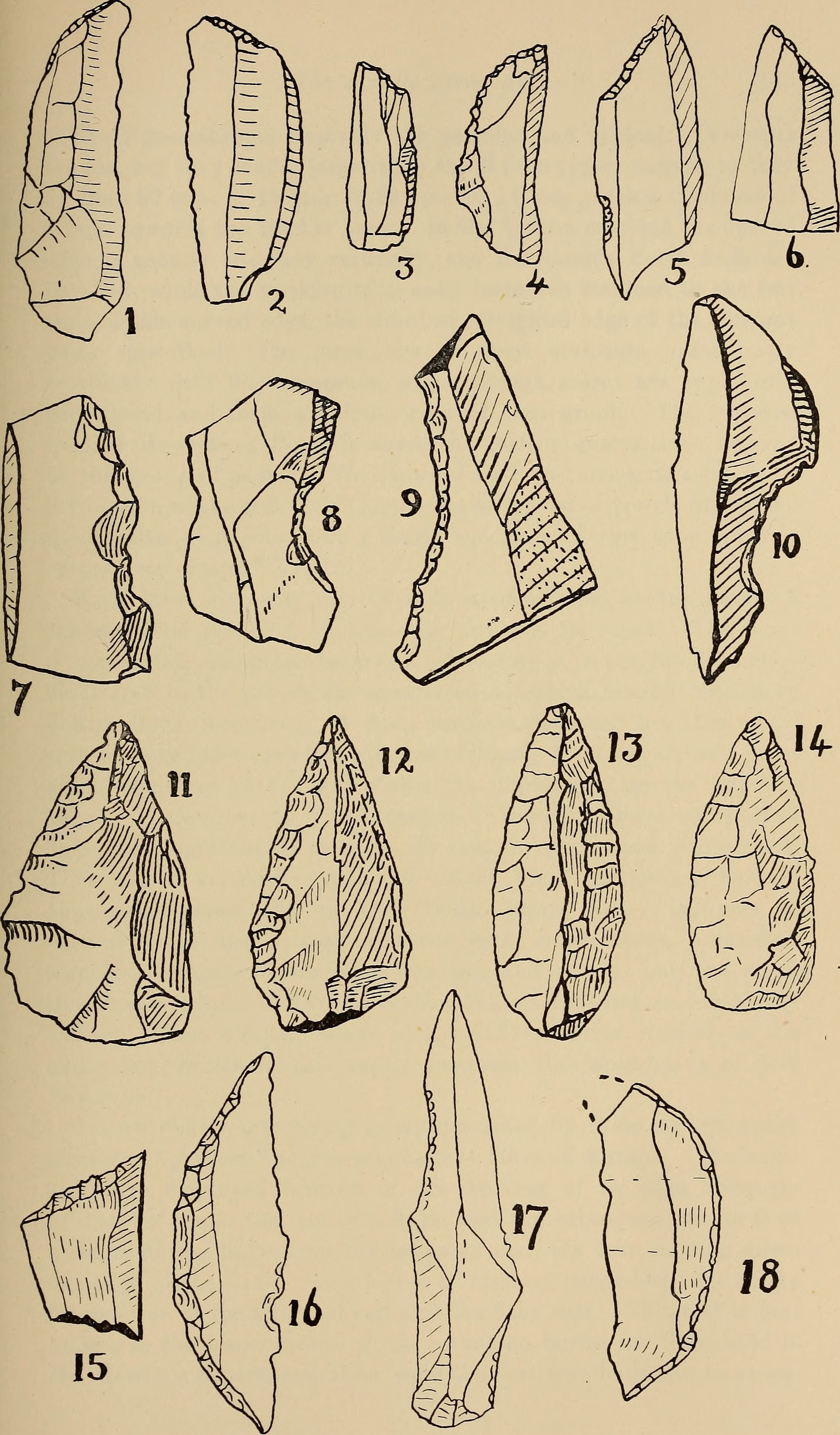
Klasies River Caves
Coastal caves with Middle Stone Age deposits.

Byneskranskop
Archaeological site with Neolithic human remains
